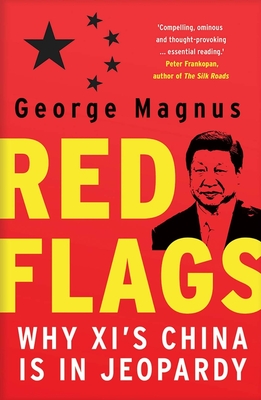Expedite your nonfiction book discovery process with Readara interviews, summaries and recommendations, Broaden your knowledge and gain insights from leading experts and scholars
In-depth, hour-long interviews with notable nonfiction authors, Gain new perspectives and ideas from the writer’s expertise and research, Valuable resource for readers and researchers
Optimize your book discovery process, Four-to eight-page summaries prepared by subject matter experts, Quickly review the book’s central messages and range of content
Books are handpicked covering a wide range of important categories and topics, Selected authors are subject experts, field professionals, or distinguished academics
Our editorial team includes books offering insights, unique views and researched-narratives in categories, Trade shows and book fairs, Book signings and in person author talks,Webinars and online events
Connect with editors and designers,Discover PR & marketing services providers, Source printers and related service providers

Red Flags: Why XI's China Is in Jeopardy
Political Science > World - Asian
- Yale University Press
- Paperback
- 9780300246636
- 7.7 X 5 X 1 inches
- 0.7 pounds
- Political Science > World - Asian
- (Single Author) Asian American
- English
Readara.com
Book Description
Under President Xi Jinping, China has become a large and confident power both at home and abroad, but the country also faces serious challenges. In this critical take on China's future, economist George Magnus explores four key traps that China must confront and overcome in order to thrive: debt, middle income, the Renminbi, and an aging population. Looking at the political direction President Xi Jinping is taking, Magnus argues that Xi's authoritarian and repressive philosophy is ultimately not compatible with the country's economic aspirations.
Thorough and well researched, the book also investigates the potential for conflicts over trade, China's evolving relationship with Trump, and the country's attempt to win influence and control in Eurasia through the Belt and Road initiative.
Author Bio
George Magnus is an independent economist and commentator, and Research Associate at the China Centre, Oxford University, and at the School of Oriental and African Studies, London.
George was the Chief Economist, and then Senior Economic Adviser at UBS Investment Bank from 1995-2012. He had a front row seat and key managerial position for multiple episodes of boom and bust in both advanced economies and emerging markets, including notably the Great Financial Crisis of 2008. George famously anticipated it in 2006-2007 with a series of research papers in which he warned of an impending Minsky Moment. Whilst at UBS, he served for four years as the Chair of the Investment Committee of the pension and life assurance fund. For four years until 2016, he served finally as an external senior adviser with clients of the investment bank.
He had previously worked as the Chief Economist at SG Warburg (1987-1995), and before that in a senior capacity before ‘Big Bang’ at Laurie Milbank/Chase Securities, and before that, Bank of America in London and San Francisco.
George is closely followed nowadays for his insights and observations about the global economy in general, and China and demographics, in particular. His China focus derives from a long period of observation and study that goes back to his first visit in 1994. He also opines regularly on demographic trends around the world, as well as on key issues nowadays such as Brexit, and the US and world economy. He is a regular contributor to the Financial Times, Prospect Magazine, BBC TV and radio, Bloomberg TV and other outlets. His written work and a blog can be found on his website at www.georgemagnus.com
George’s current book, Red Flags: why Xi’s China is in Jeopardy was published in September 2018 by Yale University Press. It examines China’s contemporary economic and commercial challenges and aspirations to modernity in the light of a governance system that is a throwback to much earlier times in the People’s Republic. His earlier books are The Age of Aging (2008), which investigated the effects of the unique experience of demographic change on the global economy; and Uprising: will emerging markets shape or shake the world economy? (2011) which examined the rise of China and other major emerging markets, and questioned controversially the widely accepted narrative that China was destined to rule the world.
Source: GeorgeMagnus.com
Videos
No Videos
Community reviews
No Community reviews

